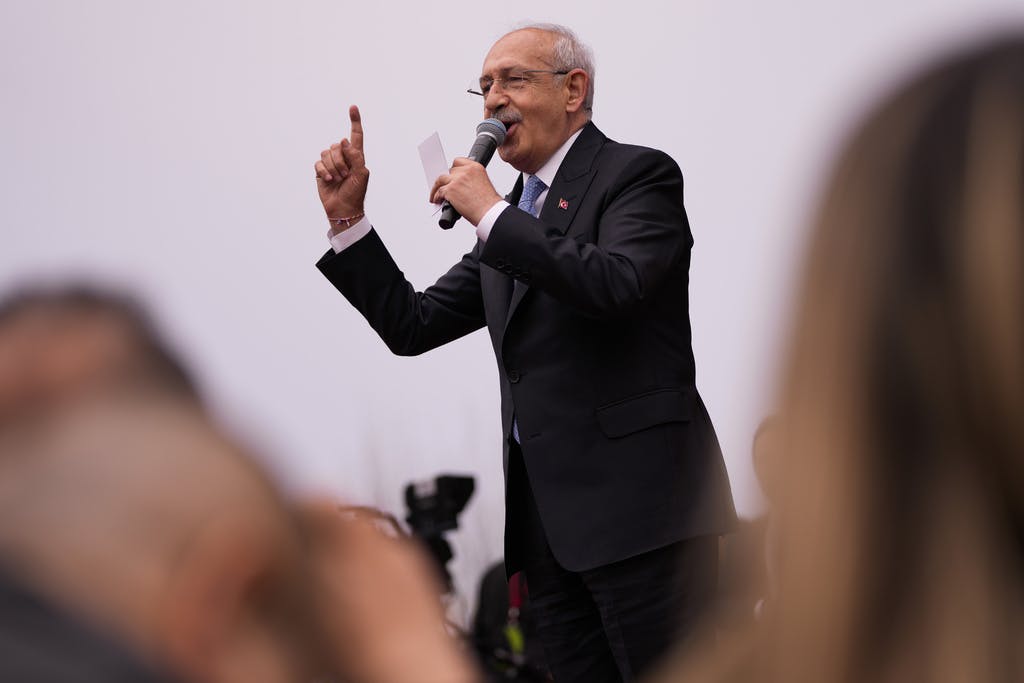
‘The Trembling Hand’ Provocatively Calls Out the Romantic Poets for Perpetuating Racist Tropes
By CARL ROLLYSON
|An inflation rate hovering just below 50 percent and growing public dissatisfaction with the president’s steering of the economy are the top reasons that Kemal Kilicdaroglu is as competitive as he is.

Already have a subscription? Sign in to continue reading
$0.01/day for 60 days
Cancel anytime
By continuing you agree to our Privacy Policy and Terms of Service.

By TOM TEODORCZUK
|